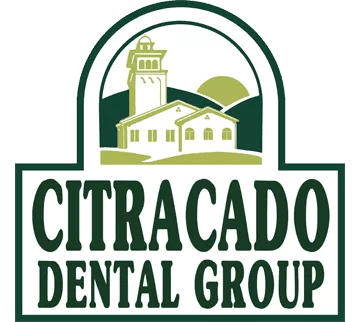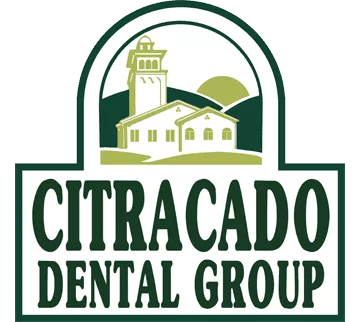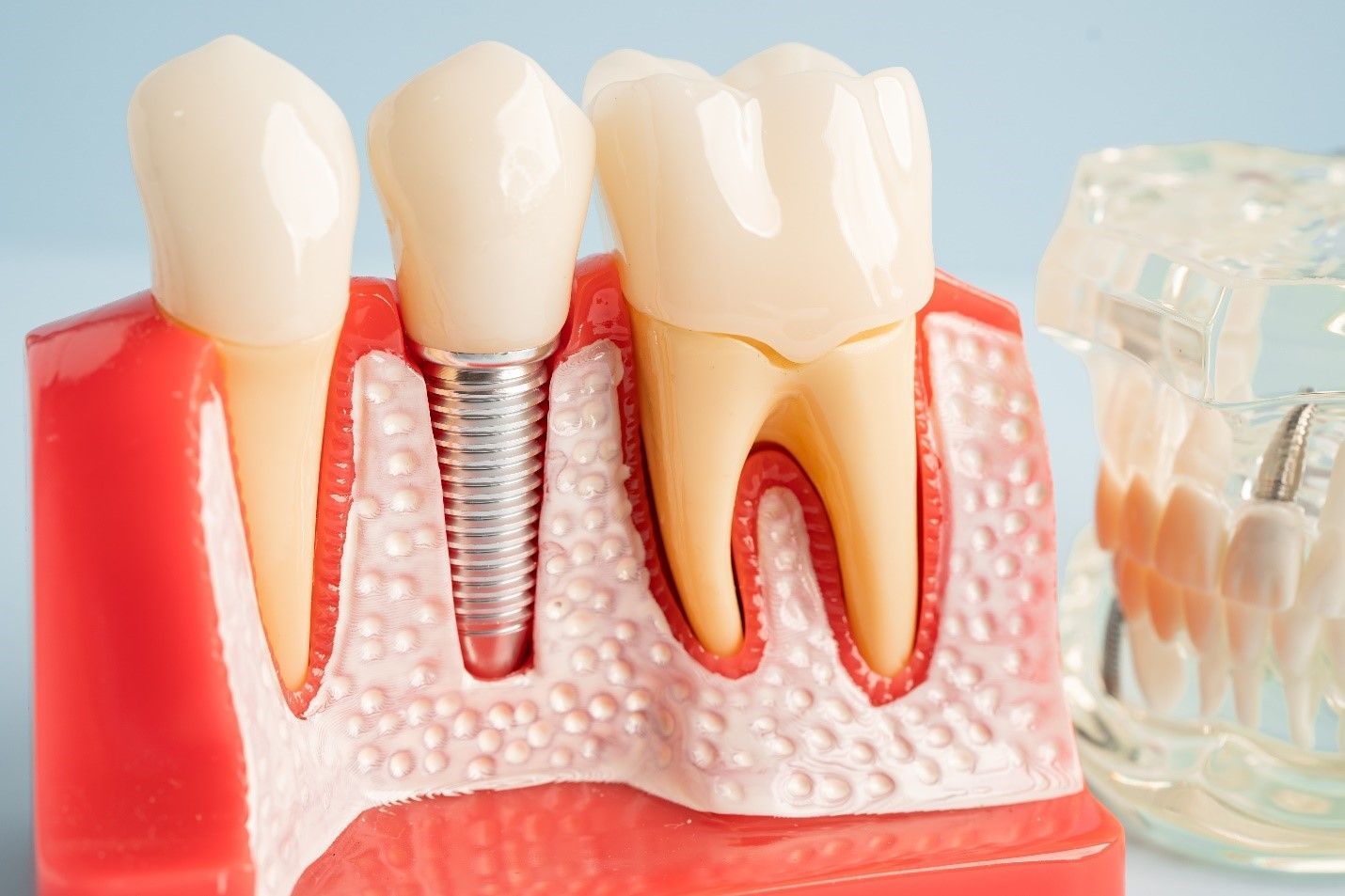FIVE WAYS TO PREVENT GUM DISEASE

Did you know more than half of all American adults suffer from periodontal disease?
Gum disease is common. Luckily, it is also treatable
But the dangers of gum disease are real. It can lead to tooth loss and bone deterioration. Some studies also indicate that periodontal disease plays a factor in the progression of more severe diseases, including diabetes and health conditions.
Before you panic, remember that it’s preventable. Here are a few daily habits you can pick up to fight against gum disease.
Annual visits
Getting to the dentist annually, or more frequently, can be a challenge, especially during COVID-19.
Regular checkups and teeth cleaning are integral to maintaining your dental health. Professional cleaning will remove hard tartar and plaque, two contributors to gum disease. Regular cleaning can also undo the early stages of gingivitis.
Periodontist visits
Besides annual teeth cleaning, you should also see a dentist or periodontist.
Your periodontist will conduct a comprehensive evaluation to assess your gum and teeth health. If there are any issues, your doctor will recommend a treatment plan.
During the exam, your doctor will look closely at plaque levels, gums, teeth, bone structure, and bite. They will also gauge risk factors for periodontal disease and detect symptoms early before they take root.
Mouthwash
Use mouthwash regularly. Mouthwash goes beyond freshening your breath. The antiseptic within it fights against gingivitis and gum disease.
Mouthwash kills up to 99 percent of bacteria for up to 12 hours, which means you not only maintain fresh breath, but you lower your plaque levels and reduce the risk of gum infection, too.
Risk factors
Know your risks.
Age, genetics, smoking, and poor diets can increase the risk of gum disease. Poor oral hygiene, tobacco use, and weakened immunity can also contribute to gum disease development.
Being aware of these factors will help you act early at the first stage of trouble.
Gingivitis is reversible, so it’s important that you recognize the risk factors, which include teeth sensitivity, tartar buildup, bad breath, gum bleeding, and gum swelling.
Flossing
Flossing every day is one of the most effective ways to help prevent tooth decay and gum disease. Flossing goes hand and hand with brushing teeth, but only about 13 percent of adults floss at least once a day.
Dental professionals advocate strongly for flossing because it allows you to reach and remove food particles and plaque between teeth, which aren’t always caught by brushing alone.
Without removing plaque and bacteria, the risk of infection increases and can lead to more severe issues, like gum disease. According to a study, flossing twice a day will reduce gum bleeding, an early sign of gum disease, by over 40 percent! The same study also discovered that flossing resulted in improved gum health.
QUICK MENU
RECENT POSTS






